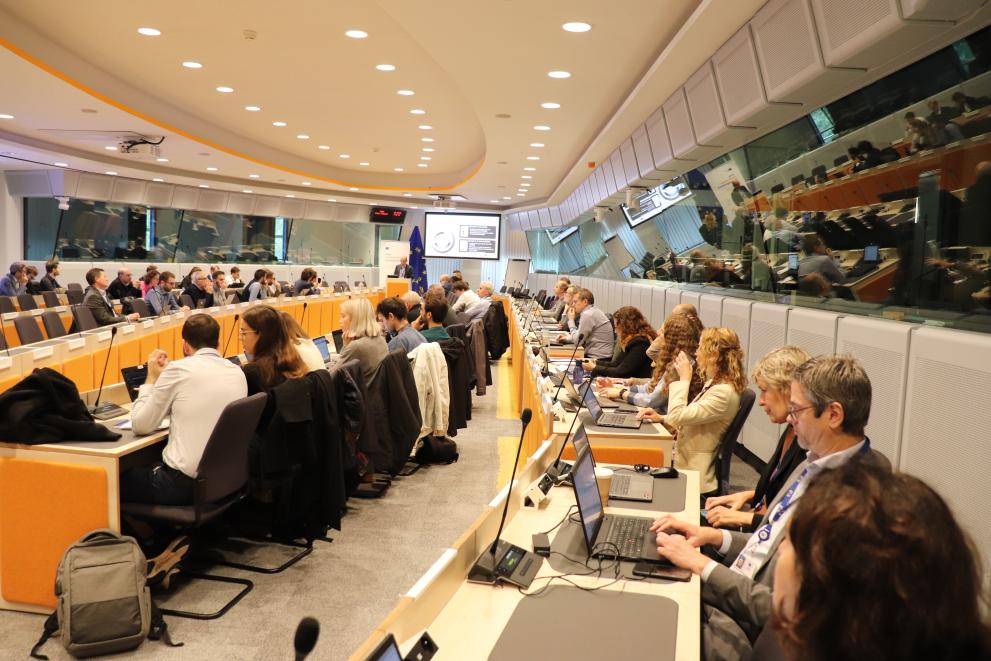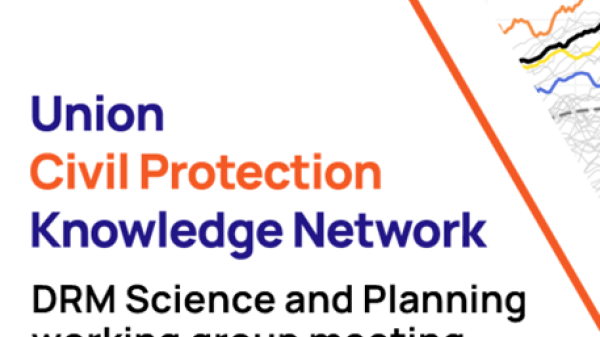
Enhancing Disaster Risk Management through AI – A Recap of the Workshop
On 22 October 2024, the European Commission (DG ECHO) held a landmark workshop under the Union Civil Protection Mechanism (UCPM) the Knowledge Series to explore how Artificial Intelligence (AI) and Machine Learning (ML) can transform Disaster Risk Management (DRM) across Europe.




